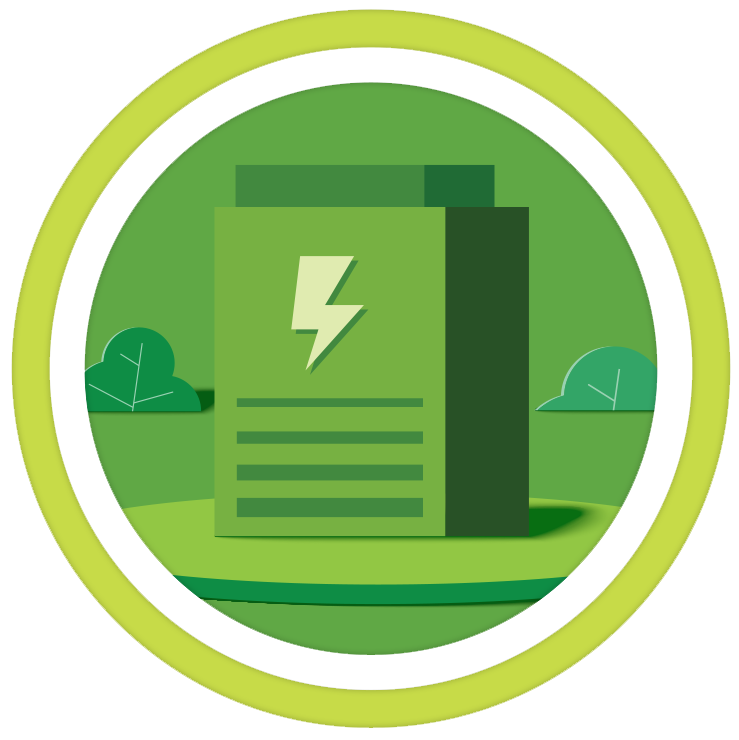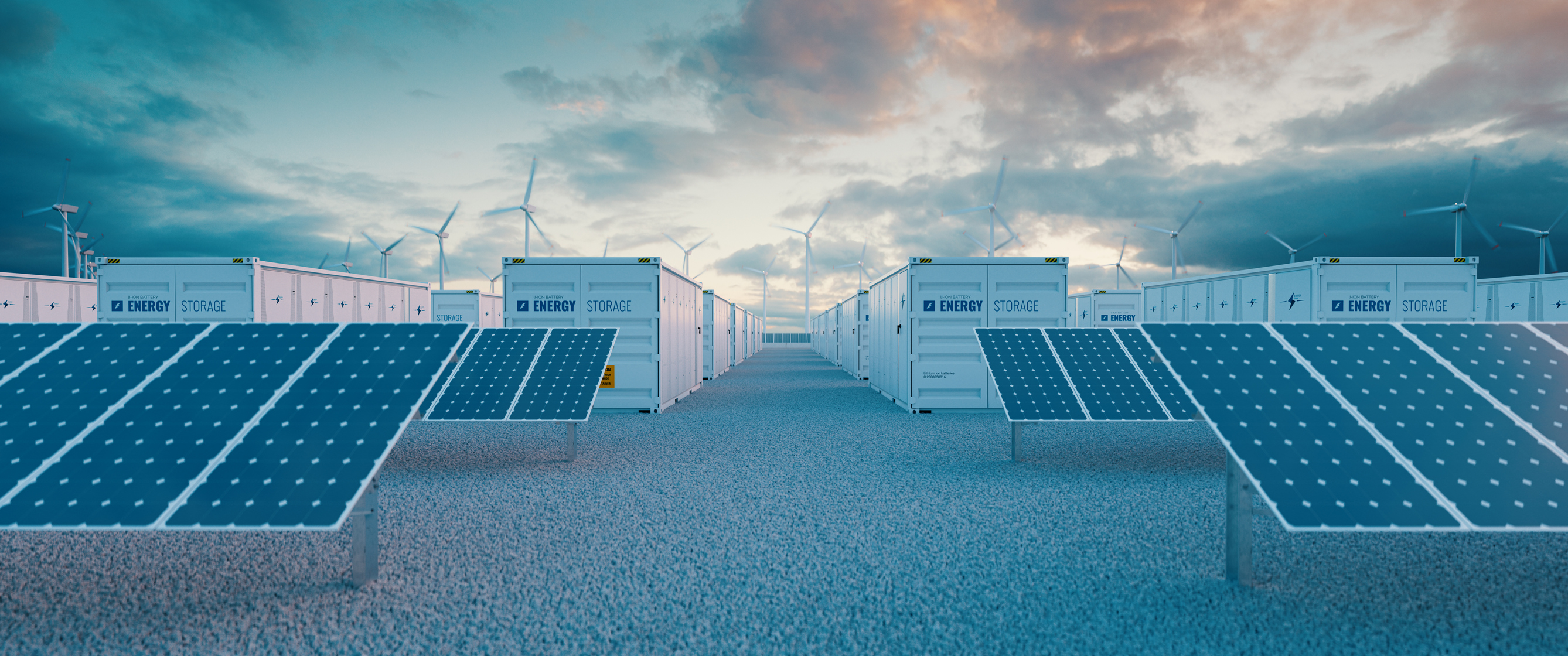Battery storage

Battery storage systems are a game-changer in the shift towards cleaner energy sources like wind and solar power. They enable you to harness renewable energy and store it for later use, such as when it’s dark out or during outages. Batteries can also help manage electricity costs by storing power for use during peak demand periods when utility rates are typically higher.
Many batteries seamlessly integrate into your smart home ecosystem, providing greater efficiency and control by allowing you to monitor and manage energy use from your smartphone. Some systems even allow you to connect your electric vehicle charger, providing a convenient way to power your vehicle. The storage capacity of a battery determines how much electricity it can hold. It's important to size the battery appropriately based on your energy usage and backup power needs.
Battery storage technologies are making the case for replacing fossil fuels with renewable energy. Using renewable energy and battery systems reduces reliance on the grid, ensures uninterrupted power supply during outages, and promotes sustainable energy sources.
Did you know? Solar and battery storage are considered a Distributed Energy Resource, or DER. This refers to small-scale power generation and storage systems that are ‘distributed’, meaning they are spread out closer to where the energy is needed, rather than relying on one large power source. These systems can include renewable energy sources such as wind turbines in neighbourhoods, solar panels on homes and businesses, and battery technologies for storing excess power. By generating clean, renewable power locally, DERs reduce reliance on centralized sources and minimize the need for long-distance transmission of electricity. This decentralized approach can significantly enhance the flexibility, reliability, and environmental sustainability of our energy system.
Exploring battery storage solutions for your home? Click here to learn more about incentives and rebates that can save you money on battery storage.
Learn more about battery storage and distributed energy resources:
DERs: types, installation, and benefits
Is energy storage the answer to net zero?

